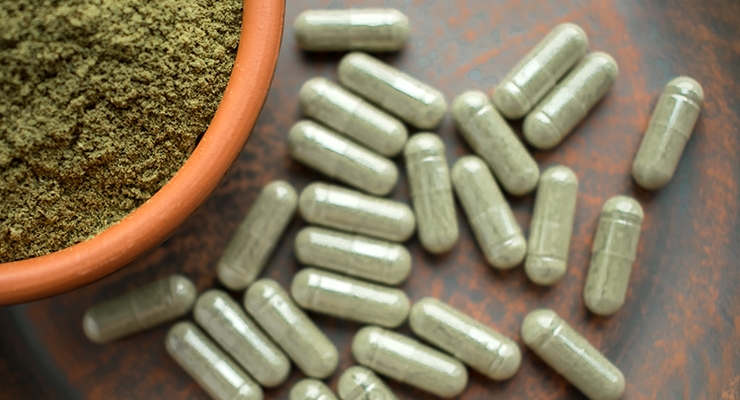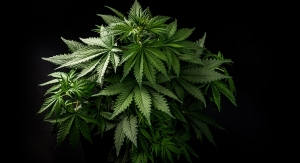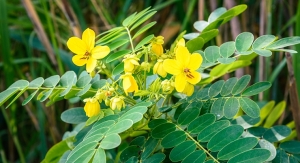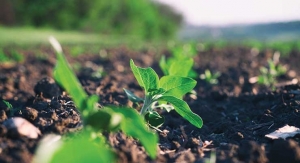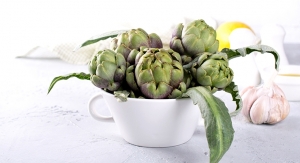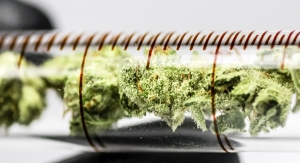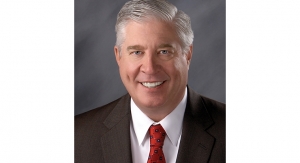08.13.19
Euromed is joining with the American Botanical Council (ABC) as well as other co-sponsors to host a symposium on Sep. 1 at the University of Innsbruck’s Center for Chemistry and Biomedicine to focus on the adulteration of natural health ingredients.
The program, “Economic Adulteration of Botanical Ingredients,” will include lectures on the various aspects of botanical adulteration and fraud, case studies dealing with the health issues associated with counterfeit ingredients, the importance of sourcing, prevention tools for the industry, propositions for risk reduction, and suggestions for better quality control.
“Counterfeit products present a significant challenge to the industry, but more importantly, they put the health of consumers at risk,” said Andrea Zangara, Euromed’s scientific marketing manager.
Global industry stakeholders, medical professionals and consumers are concerned about the adulteration of natural food ingredients since many botanicals products, especially dietary supplements, are known to have the wrong plant species, include undeclared chemicals which look like natural substances, or include artificial dyes and colors.
The panel includes representatives from science, industry, and the public sector. Expert speakers include Mark Blumenthal, founder and executive director of ABC, Anna Mulà, head of quality unit at Euromed, Stefan Gafner, chief science officer of ABC, Roy Upton, founder of the American Herbal Pharmacopoeia, Anna-Rita Bilia from the University of Florence and GA director; Luca Bucchini, managing director of Hylobates Consulting; René De Vaumas, president of Extrasynthese, and more.
There will be a roundtable discussion at the end of the workshop with the aim of developing a consensus statement. Important insights will be provided from the U.S. education initiatives by the non-profit ABC-AHP-NCNPR Botanical Adulterants Prevention Program (BAPP).
“To support the fight against botanical adulteration and fraud, Euromed and the ABC, with the support of three other co-sponsors (Hylobates Consulting, Extrasynthese, and Botanicert), have created this important round table discussion to provide insights into this global problem and identify tools and good practices for prevention,” Zangara said.
The program, “Economic Adulteration of Botanical Ingredients,” will include lectures on the various aspects of botanical adulteration and fraud, case studies dealing with the health issues associated with counterfeit ingredients, the importance of sourcing, prevention tools for the industry, propositions for risk reduction, and suggestions for better quality control.
“Counterfeit products present a significant challenge to the industry, but more importantly, they put the health of consumers at risk,” said Andrea Zangara, Euromed’s scientific marketing manager.
Global industry stakeholders, medical professionals and consumers are concerned about the adulteration of natural food ingredients since many botanicals products, especially dietary supplements, are known to have the wrong plant species, include undeclared chemicals which look like natural substances, or include artificial dyes and colors.
The panel includes representatives from science, industry, and the public sector. Expert speakers include Mark Blumenthal, founder and executive director of ABC, Anna Mulà, head of quality unit at Euromed, Stefan Gafner, chief science officer of ABC, Roy Upton, founder of the American Herbal Pharmacopoeia, Anna-Rita Bilia from the University of Florence and GA director; Luca Bucchini, managing director of Hylobates Consulting; René De Vaumas, president of Extrasynthese, and more.
There will be a roundtable discussion at the end of the workshop with the aim of developing a consensus statement. Important insights will be provided from the U.S. education initiatives by the non-profit ABC-AHP-NCNPR Botanical Adulterants Prevention Program (BAPP).
“To support the fight against botanical adulteration and fraud, Euromed and the ABC, with the support of three other co-sponsors (Hylobates Consulting, Extrasynthese, and Botanicert), have created this important round table discussion to provide insights into this global problem and identify tools and good practices for prevention,” Zangara said.

